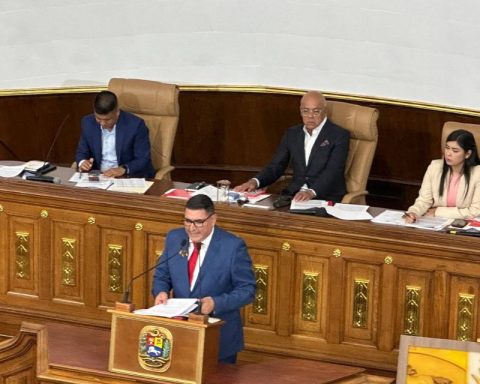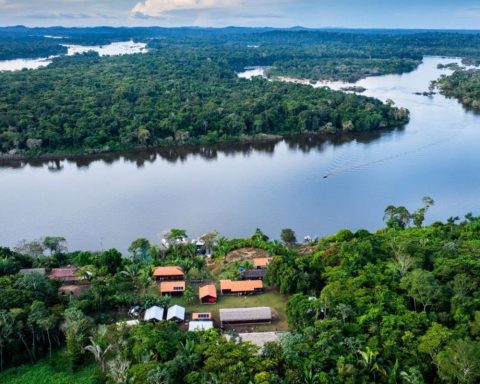The Ministry of Health (Minsal) confirmed the application of a health alert in the country due to monkeypox. The ministry reported at a press point that there are six confirmed cases in the country.
“We declare a health alert for monkeypox or monkeypox, understanding the health alert also as a strategy in terms of reinforcement, to have more tools to be able to respond to these cases,” said the Minister of Health, Maria Begona Yarzaat a press point.
You may also like:
“These tools are many of them administrative, they give both the national health authority and the regional health authority, tools from the point of view of purchases, resources, organization of resources, allow the use of residences sanitation, allows us to have people, bids,” explained the minister.
“This measure is a health alert, but not an alarm. Chile has a health system capable of suspecting, diagnosing, isolating and monitoring. Give people peace of mind that we have a health system that takes the appropriate measures,” said the minister. .
For his part, the undersecretary of Public Health, Christopher Squareindicated that in Chile there are six confirmed cases of monkeypox.
Until Tuesday there were three confirmed cases: two of them with a history of travel to Europe and the third is close contact with one of those infected. The other cases registered by the Minsal have a history of travel abroad, said Undersecretary Cuadrado.
The authority pointed out that the Minsal formed a team on May 23 – made up of the Pan American Health Organization (PAHO), technical groups and experts – to analyze the response to monkeypox, which led to the formation of a “committee of outbreak”.
Symptoms and recommendations
According to the Minsal website, the symptoms of monkeypox are the following:
- Acute skin rash.
- headache
- Sudden onset of fever greater than 38.5 °.
- Muscle pain.
- Back pain.
- Feeling of exhaustion.
- Swollen or swollen lymph nodes.
The disease can be transmitted by contact or indirect contact with blood, body fluids, skin lesions or mucous membranes of infected animals.
Transmission to people can occur through direct contact with skin lesions or exhaled droplets from an infected person, or with objects recently contaminated with the patient’s fluids (such as towels or sheets).
The average incubation period can range from six to 13 days with ranges from five to 21 days. There is no evidence that monkeypox virus is sexually transmitted.
The Minsal recommends that people consult a doctor if they have traveled abroad and had close skin-to-skin contact, including sexual intercourse, and present: sudden-onset skin lesions with no other explanation, with one or more symptoms such as fever, swollen glands, muscle or back pain, and malaise.


















